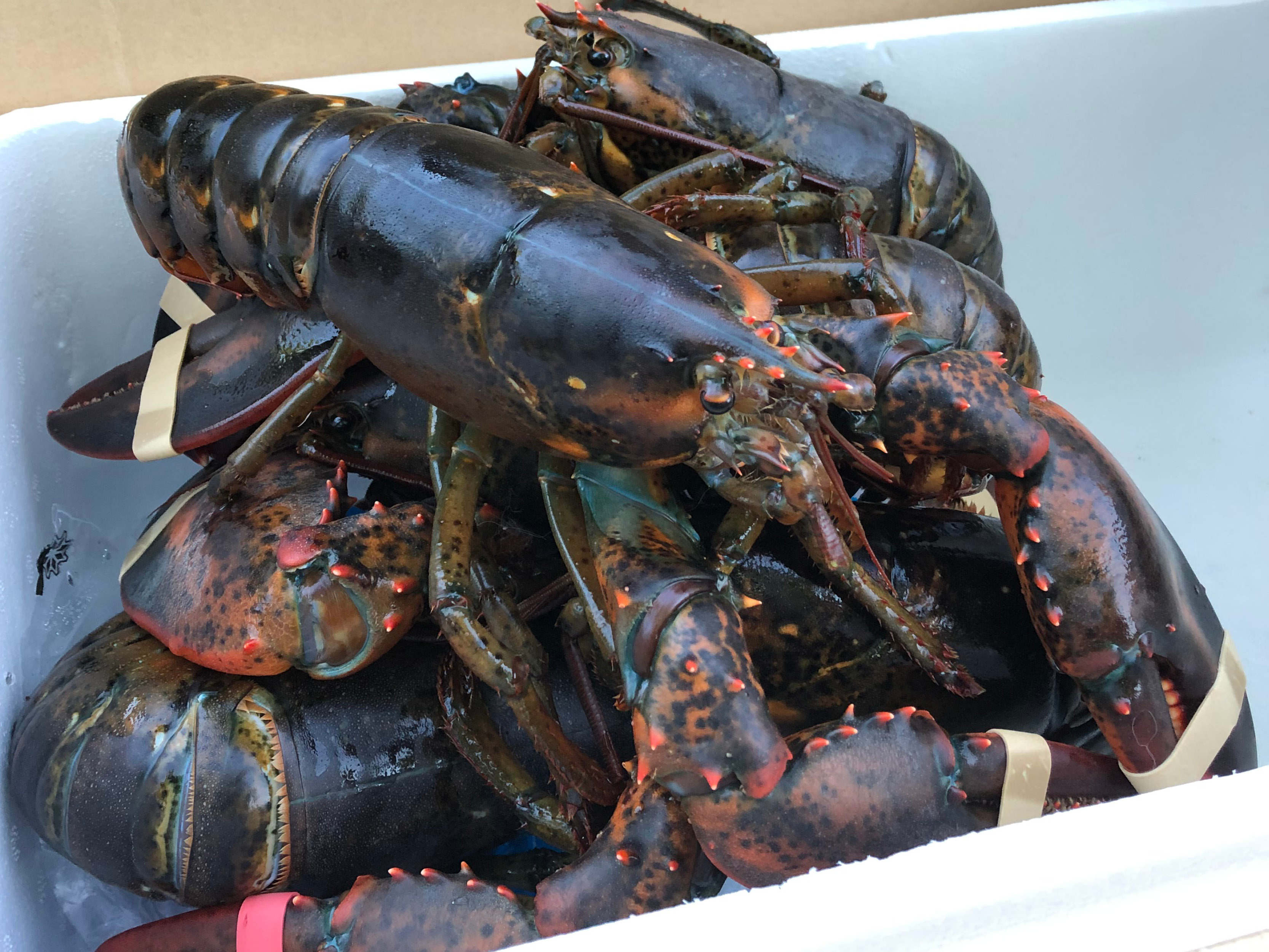The Maine Lobstermen’s Association said it will appeal a federal judge’s ruling that new restrictions on their fishery can proceed to protect endangered right whales, calling the plan “scientifically flawed” and “draconian.”
In an opinion issued Sept. 8, U.S. District Court Judge James E. Boasberg turned aside the lobstermen’s arguments that the National Marine Fisheries Service acted arbitrarily and overstated the hazard their gear poses to whales.
The association had sued NMFS and allied environmental groups to block implementation of the new rules. It was the latest in several years of action in Boasberg’s Washington, D.C. courtroom as NMFS, environmental groups and fishermen battled over measures to protect the right whales – now estimated to number just about 340 animals – from entanglement in fishing trap lines.
“We refuse to let a single judge’s decision be the last word,” MLA President Kristan Porter said in announcing the new appeal. “The facts are clear. Maine lobstermen are not driving the whale towards extinction. There has never been a known right whale mortality associated with Maine lobster gear, and there has not been a single known right whale entanglement with Maine lobster gear in nearly two decades.”
The MLA’s next action will go to the U.S. Court of Appeals District of Columbia Circuit, the next judiciary level before the U.S. Supreme Court. Patrice McCarron, the lobstermen’s association executive director, has said the group is prepared to appeal all the way to the high court if necessary.
“If we have to go all the way to the Supreme Court to protect our hardworking families and preserve coastal communities with a multi-generational heritage of wise stewardship, that is what we will do,” said Porter.
The new legal salvo comes as the Maine lobstering community wages a parallel struggle to maintain the market reputation of its catch against pressure from the Monterey Bay Aquarium’s Seafood Watch program.
The long-running consumer advisory listings – which formerly had a favorable view of the Maine fishery – this month sharply downgraded Northeast lobster to a “red listing,” citing potential hazards to right whales.
Lobster dealers saw little immediate market impact from the Seafood Watch announcement, but the industry and its supporters went into overdrive to push back. One of their major themes is the Maine fishery’s longstanding conservation practices – including voluntary measure to reduce whale interactions.
“When you take the emotion out of it, you have to just look at the dedication to sustainability over generations,” said Luke Holden, a fisherman, processor and owner of the Luke’s Lobster shack in Portland, Maine. “That’s the very essence of this. When you learn to fish at a very early age, you learn there’s all these lobsters you’re not allowed to keep.”
Along with minimum sizes, that includes is the practice of “notching” larger lobsters, marking them for future release by fishermen to conserve the most fecund breeding adults.
“Beyond that it’s very difficult to get a license because we’re a closed fishery,” said Holden.
“It’s not sustainable because of some third-party certification. The DNA is built into this organization over generations.”
“This fishery since 1997 has removed all float lines, used weak links, has been marking lines (to identify lost gear),” along with other changes to cut down the amount of line in the water, said Holden. There has not been a documented case of right whale entanglement in Maine lobster gear since 2004, he added.
“It’s not a coincidence that lobster gear is not on whales,” said Holden.
The industry’s reputation and good will in Maine elicited disbelief and criticism of Seafood Watch on social media, and not just on the waterfront.
“I was a bit overwhelmed, but not surprised,” said Holden. “Seafood Watch’s bazooka approach to red-list every fishery with fixed gear is just discrediting the Monterey Bay Seafood Watch program completely.”







